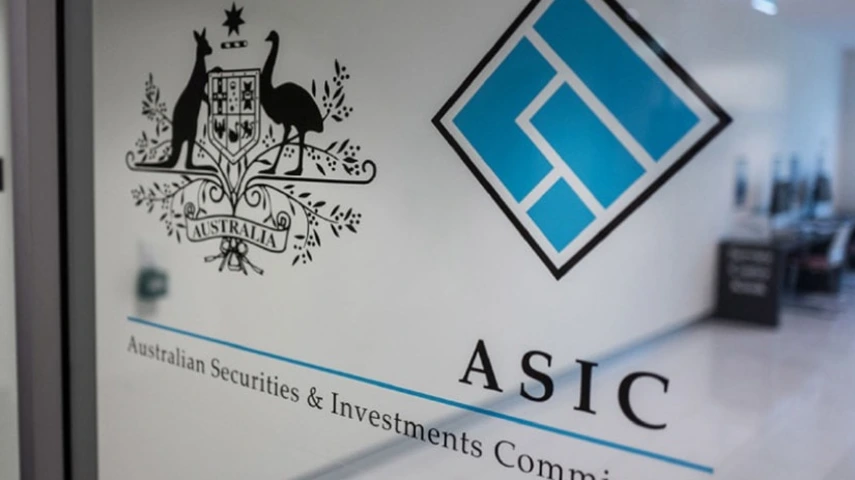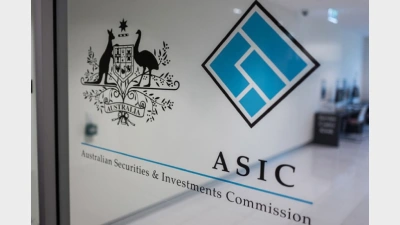ASIC prosecution referrals plunge by half since 2019



The Senate economics reference committee has shared data on the numbers of prosecutions pursued by ASIC in the last financial year.
Data provided to the committee by the Commonwealth Director of Public Prosecutions (CDPP) shows 41 referrals were made by ASIC in the 2022-23 financial year.
This compared to 86 referrals made during the 2018-19 financial year, a decrease of 52 per cent.
Between 2018 and 2022, the number of referrals ranged between 70-82 but dropped dramatically in 2022-23.
In the current financial year, there had been two referrals made by ASIC so far.
Out of the 41 referrals made in 2022-23, eight had prosecution initiated, three did not have prosecution initiated, 11 were in pre-brief stage and 19 are being assessed.
The CDPP also disclosed during the same period, the rate of prosecutions initiated from ASIC referrals fell from 75 per cent to 19 per cent.
Senator Andrew Bragg, who is chairing the Senate ASIC inquiry, said: “These figures signal that ASIC has made Australia a haven for white-collar crime. ASIC has given up on their sole obligation to enforce corporate law.
“These are ugly statistics.”
The ASIC inquiry is investigating ASIC's capacity and capability to undertake proportionate investigation and enforcement action arising from reports of alleged misconduct.
Among questions to investigate, this includes the potential for dispute resolution and compensation schemes to distort efficient market outcomes and regulatory action and the balance in policy settings that deliver an efficient market but also effectively deter poor behaviour.
Recommended for you
Financial Services Minister Stephen Jones has shared further details on the second tranche of the Delivering Better Financial Outcomes reforms including modernising best interests duty and reforming Statements of Advice.
The Federal Court has found a company director guilty of operating unregistered managed investment schemes and carrying on a financial services business without holding an AFSL.
The Governance Institute has said ASIC’s governance arrangements are no longer “fit for purpose” in a time when financial markets are quickly innovating and cyber crime becomes a threat.
Compliance professionals working in financial services are facing burnout risk as higher workloads, coupled with the ever-changing regulation, place notable strain on staff.
















Bragg is seriously losing me. I suspect he would also have found it scandalous if ASIC prosecutions had gone up rather than down. What he should be asking is why, when indiscretions have slowed to a trickle and there are so few to regulate, does the ASIC levy for advisers triple.
Senator Bragg's comment is expected of an opposition senator. Could another explanation be that ASIC is cleaning up the financial planning profession? Just a suggestion.